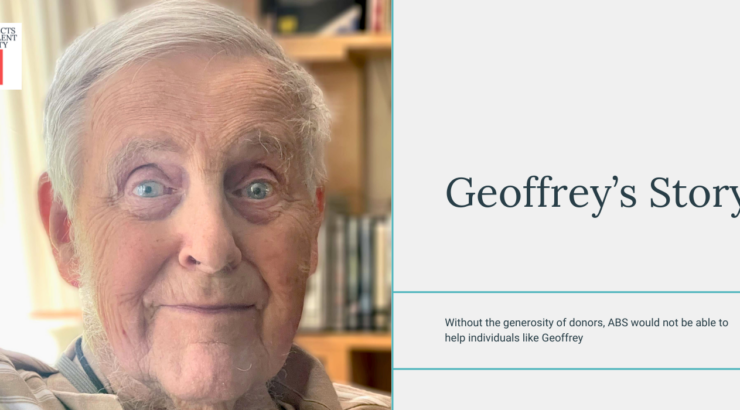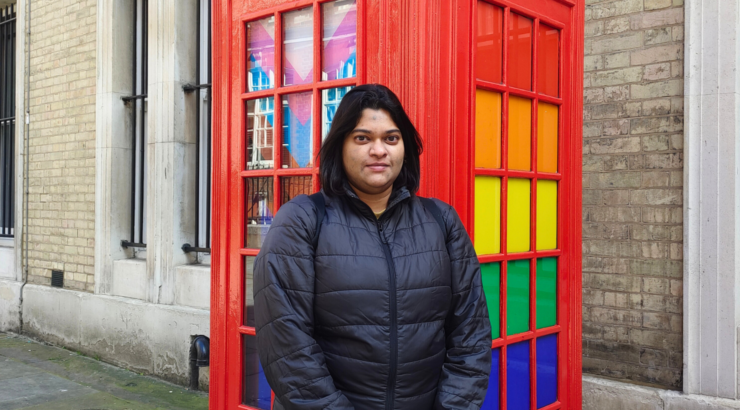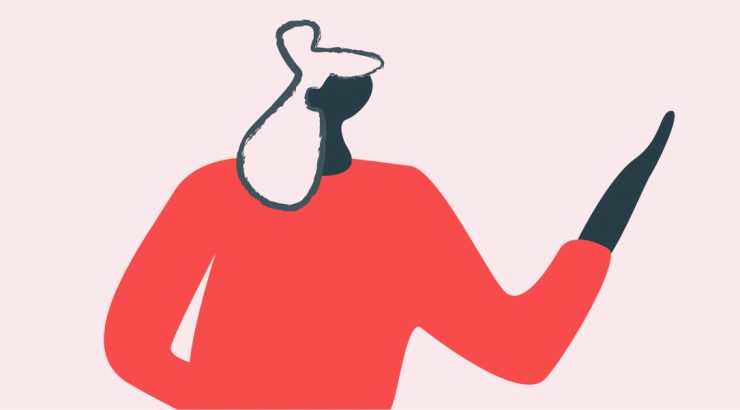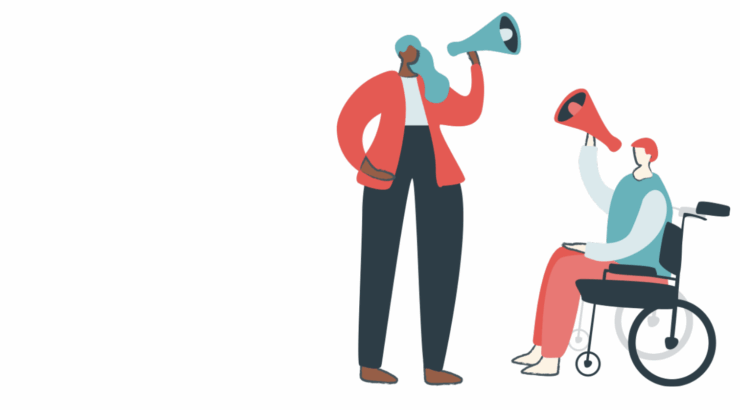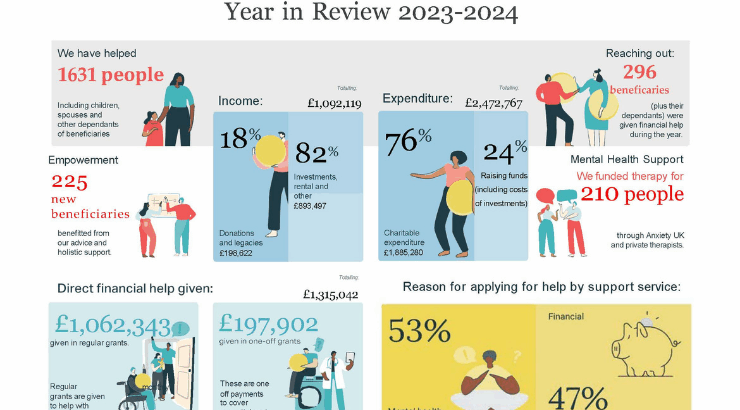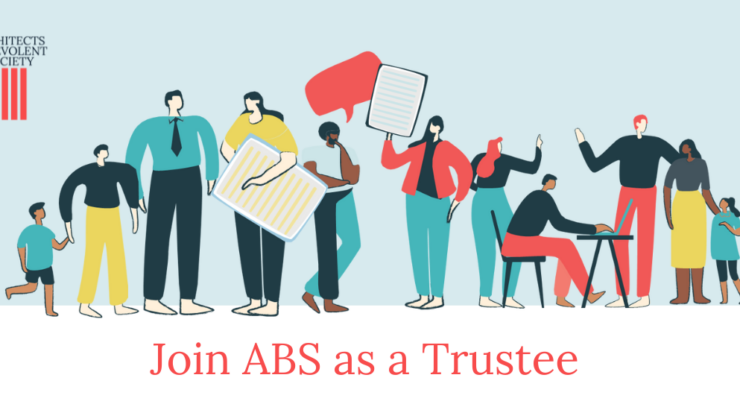Does spending too much time on social media affect your mental well-being? We reached out to ABS ambassador Rick McCluggage for his view on the use of social media and the pressures of comparing oneself to others online. Rick discusses the benefits of taking a break from social media, enjoying the present moment and encourages us to connect with each other in the real world.
“Do you remember the ad campaign in 1995 with Bob Hoskins, ‘It’s Good to Talk’? How true this was. Roll on nearly 25 years since these adverts and the message remains important. It is good to talk, it is good to stay in touch with our friends and family and communicate well at work.
These days, we are never more than a fingertip away from our phones and the rise of social media has meant that we are more connected and contactable than we have ever been, which is generally a good thing. However, whilst we are able to speak and connect instantly with almost anyone, the growth and our increasing reliance on social media can have a detrimental effect on mental health.
A typical young adult has an active presence on up to six social media sites, in addition to text messages, emails and phone calls. This is leading to a constant reactionary environment where instant responses are expected and can lead to a state of distraction to work and everyday life.
I am certainly not an expert, in fact not even a massive social media user (Twitter mainly), but I offer general observations and a few suggestions that might help. There is an abundance of easy to find material available on the topics below if you want to read more.
Real connections
Many of you will look at your social media ‘friends’ online or often celebrities, their flawless Instagram portraits and the seemingly perfect worlds they live in. It is hard to resist comparisons with our own lives and to focus on apparent deficiencies. Don’t believe everything you see on social media! Instead, go and meet your friends from your real world for a pint or a coffee and a chat, watch the football, go to a show. Appreciate the fact that they have similar attributes, beauty, flaws and real-world issues as you do!
Enjoy the moment
I read recently that many people now think and experience an event in ‘140 characters’. That is, they aren’t enjoying the moment, but are trying to capture the perfect Instagram photo or the Tweet that will tell the world what a wonderful experience they have just had. The act of ‘chasing likes’ is proven to significantly increase anxiety, especially amongst young people. Put your phone away, open your eyes, enjoy the moment and the people around you.

If it’s free
‘If you aren’t paying for it, you are the product’ certainly rings true when it comes to social media. Platforms work by monitoring users and use algorithms to tailor what you see, whose posts appear in your feed and what advertisements are directed at you, and the tech companies are in a race for our finite attention. What else they do with that information we don’t really know, but as widely publicised, it doesn’t bode well for our privacy. Be careful what you post, and who can see it. If in doubt, don’t post it at all.
Have a break
The media recently reported that the number of school kids using social media for more than three hours a day had doubled and that the average adult checks their phones and social media 28 times a day. This constant usage can lead to anxiety, loneliness and feelings of inadequacy. More young adults are switching off, for a month at a time or for longer, and is proven to boost happiness according to various surveys. Even a short break away from your screens is beneficial; at our office we have breakfast together every week, regularly do something different like a group charity activity, a trip to the museum, frisbee in the park, a Pecha Kucha evening or go for a group cycle. If you feel social media is affecting you negatively, have a short break or go the whole hog and try an online holiday.
Good night, sleep well
Having enough sleep is essential, deserving of a whole theme of its own as part of the #AnxietyArch campaign. Screen time and the use of social media before you go to bed is a stimulation, a source of a little dopamine hit, or can lead to increased anxiety, any of which will inevitably affect how well you sleep. Screen time may also suppress the release of melatonin, a hormone that helps us feel tired. Why not start by switching off earlier and don’t bring your phone to bed, it can always wait until morning.
If you are worried about how social media is affecting your general or mental health, talk to a friend or family member, a tutor, colleague or your employer. If you are really worried, contact ABS who will be able to point you in the right direction and can help in a variety of ways. It’s good to talk.”
